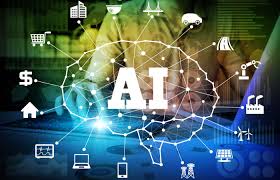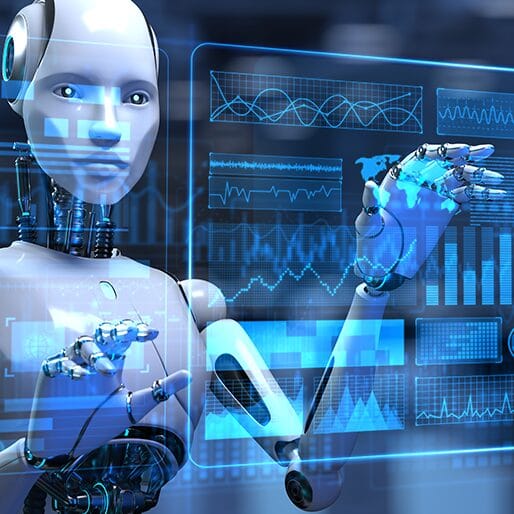Man-made consciousness (artificial intelligence) is a part of software

engineering that spotlights on making frameworks fit for performing errands that regularly require human knowledge. These errands incorporate critical thinking, getting the hang of, thinking, figuring out language, seeing the climate, and deciding. Artificial intelligence use calculations and information to imitate mental capabilities, empowering machines to work astutely and adaptively.
Sorts of artificial intelligence
Man-made intelligence is frequently ordered into three fundamental sorts in view of its capacities:
- Narrow AI (Weak AI):
Slender man-made intelligence is intended to productively perform explicit undertakings. Models incorporate menial helpers like Siri and Alexa, proposal frameworks on stages like Netflix, and language interpretation devices like Google Decipher. While exceptionally compelling in their areas, limited simulated intelligence frameworks need general knowledge and can’t perform undertakings outside their programming.
- General AI (Strong AI):
General man-made intelligence alludes to frameworks that have the capacity to play out any savvy task that a human can do. These frameworks can reason, learn, and adjust to new difficulties without explicit programming. General computer based intelligence stays hypothetical and is a critical focal point of continuous exploration. - Ingenious artificial intelligence:Ingenious artificial intelligence outperforms human insight across all fields, including innovativeness, critical thinking, and profound comprehension. While this idea is speculative, it brings up moral and existential issues about the job of man-made intelligence in the public eye.

Man-made intelligence frameworks depend on different innovations and systems, including:
- Machine Learning (ML):
AI includes preparing calculations on enormous datasets to recognize examples and make expectations. It is the foundation of most computer based intelligence applications, empowering frameworks to further develop execution after some time without unequivocal programming.
- Deep Learning:
A subset of AI, profound learning utilizes counterfeit brain networks motivated by the human mind. These organizations cycle a lot of information to perceive designs in pictures, discourse, and text.
- Natural Language Processing (NLP):
NLP empowers computer based intelligence frameworks to comprehend and create human language, driving applications like chatbots, opinion investigation, and text outline.
- Computer Vision:
This innovation permits artificial intelligence to decipher and dissect visual information from the world, like pictures and recordings.
Man-made intelligence has upset various businesses, including:

- Healthcare: man-made intelligence supports diagnosing illnesses, foreseeing patient results, and customizing therapy
- Finance:It recognizes fake exercises and mechanize exchanging.
- Transportation: man-made intelligence powers self-driving vehicles and advances traffic the board.
- Retail: computer based intelligence improves client encounters through customized proposals and chatbots.
The ascent of computer based intelligence raises moral worries, like protection, inclination, work removal, and responsibility. Guaranteeing that artificial intelligence is grown capably and straightforwardly is critical to tackling its true capacity for cultural advantage.
Conclusion
Man-made reasoning is an extraordinary innovation with the possibility to reshape ventures and further develop lives. As it keeps on advancing, figuring out its abilities, impediments, and moral ramifications is fundamental for utilizing its advantages mindfully.